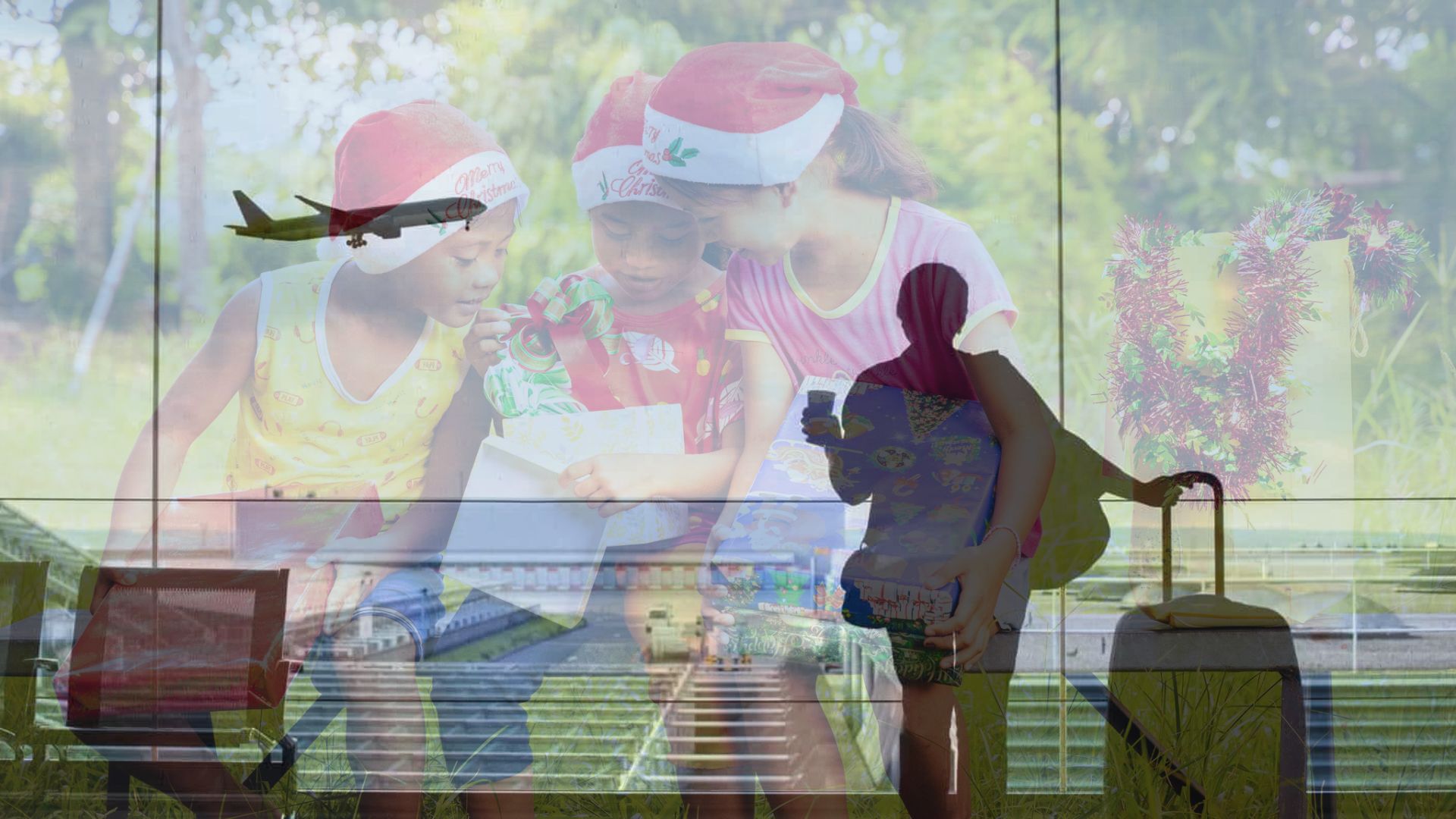There’s something heartbreakingly iconic about the balikbayan box. For me, it’s never been just a container—it’s a symbol, a surrogate hug, a fragile lifeline between distant worlds. And when I first heard Eraserheads’ “Balikbayan Box,” I felt like they captured something many of us live with but seldom put into words. In their hands, this humble box becomes more than just a parcel. It turns into a quiet, haunting anthem for Overseas Filipino Workers—people like my relatives, my friends, maybe even myself—and a mirror to our country’s deep-rooted culture of migration.
At first listen, the song’s rhythm sounded light, even playful. But the lyrics hit hard. They spoke of long-distance care, of love packed in yellow tape and bubble wrap, and of parents who miss birthdays but never forget to send chocolates. The balikbayan box isn’t just a gesture—it’s a ritual. It’s our modern-day pasalubong, but also a kind of bandage for the open wound that is separation.
I’ve lost count of how many Filipinos I’ve known who’ve left the country in search of opportunity. Domestic workers in the Middle East. Caregivers in Canada. Engineers in Singapore. Seafarers who drift from port to port, never really calling anywhere home. They build skyscrapers they’ll never see from the inside. They raise other people’s children while their own children grow up through phone screens and occasional homecomings.
And what do they send back? A balikbayan box—filled with the illusion of presence. Sneakers. Toys. Lotions. Clothes. A stuffed bear holding a “Happy Birthday” sign. These boxes arrive like clockwork during Christmas or graduation season, and while they’re welcomed with excitement, they also carry a quiet guilt. I’ve felt it, too. Because on the other side of that package is the truth: the box is only necessary because the sender can’t be there.
To me, the Balikbayan Box doesn’t glorify or criticize migration—it simply holds up a mirror. It tells it like it is. That for so many of us, leaving isn’t about ambition—it’s about survival. Migration becomes the last option, dressed up like a dream. Behind every “success story” abroad are years of loneliness, exhaustion, and making it through day by day.
The song also forced me to confront something deeper in our culture: how we’ve come to romanticize sacrifice. “Para sa pamilya,” we say, as if that alone explains every missed holiday or video call cut short by poor internet. We call OFWs heroes, but rarely do we question the broken systems that push them to leave. Why must love be measured through absence? Why must sacrifice be the price of a better future?
The Eraserheads understood that tension. Balikbayan Box doesn’t raise its voice—but it doesn’t need to. Its power lies in the way it names what so many of us carry silently: that these boxes are packed not just with goods, but with longing, grief, and unspoken prayers. It reminds me that migration, though often seen as a personal decision, is in fact a national condition—shaped by poverty, politics, and global inequality.
But it’s in the line “Umuwi na tayo, dahil wala nang sense ang ating mundo” that the emotional weight comes crashing down. I’ve replayed that line in my head so many times—it’s a cry, not just to return home, but to return to a life that makes sense. There’s fatigue there. A kind of existential weariness. Like the soul is tired of trading meaning for money. And in that moment, I see the balikbayan box not just as a gesture of care but as a way to cope—a stand-in for a life unraveling from afar.
The song also made me ask, what happens when the box becomes the only connection left? When does absence become so normalized that presence feels like an intrusion? I’ve seen it happen—a father coming home after a decade, unsure of how to speak to his own children. These are the invisible costs of migration. The ones that don’t fit inside a box.
So to me, Balikbayan Box isn’t just a song. It’s a question. A challenge. What kind of country have we become—one that sends its people away and calls it love?
The next time I see a balikbayan box at the airport or resting in someone’s living room waiting to be opened, I’ll pause. I’ll think about more than just the chocolates or canned goods inside. I’ll think about the hands that packed it. The memories it tries to make up for. And I’ll imagine a Philippines where no one has to leave just to live.







